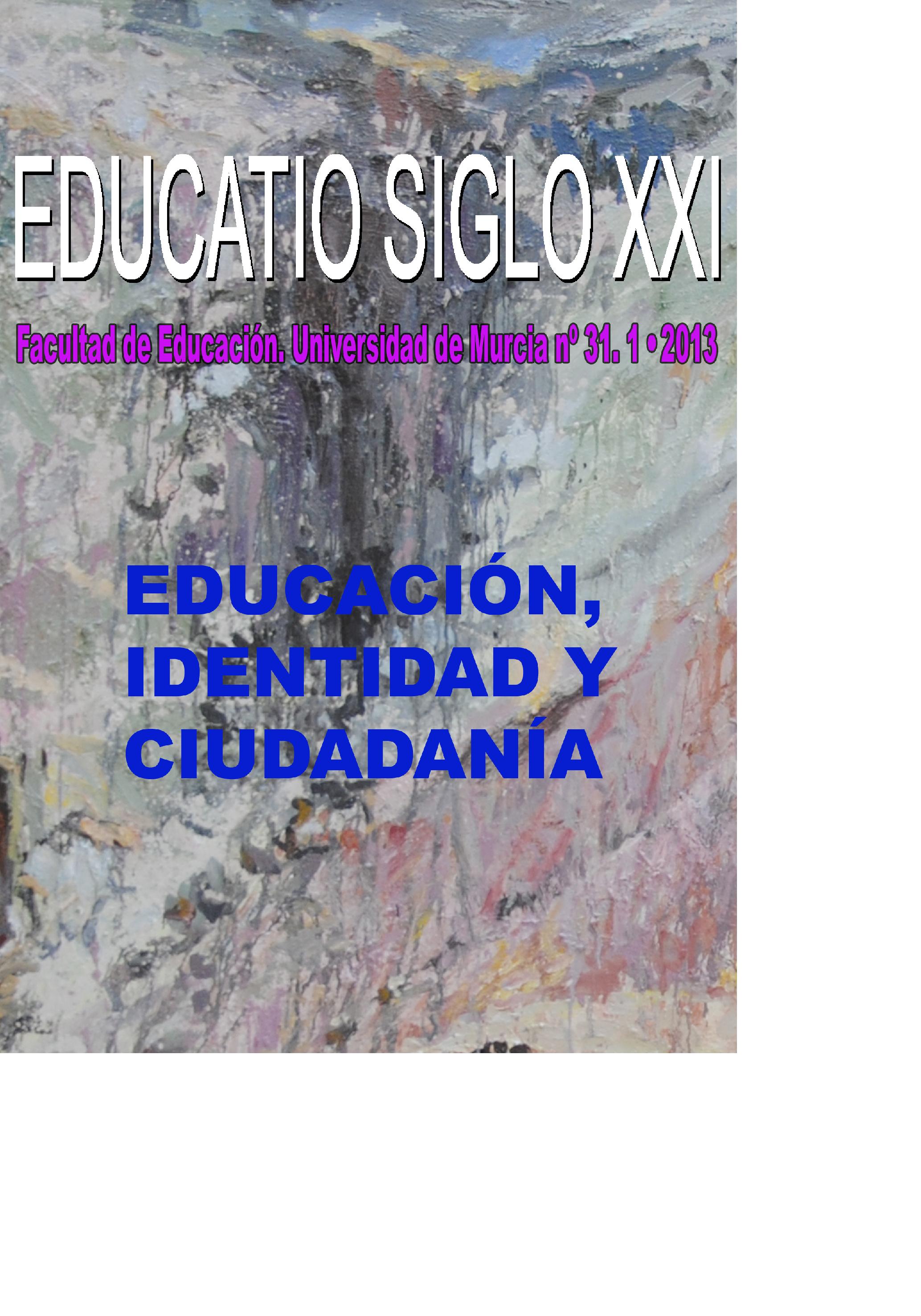The Moroccan “Petites Bonnes”: causes and socio-educational consequences
Abstract
In Morocco, as a result of multiple variables, infant labor is common, especially theuse of girls in domestic work, commonly known as “petites bonnes”. This is a reality that affects tens of thousands of girls working every day doing houseworkfor a petty amount of money. Overhalf of them, are not even 15 years old. They work in isolation and they are often subject to verbal, physical, and emotional abuse.This situation prevents them from getting access to a proper education, which ends up hindering or even ruining their long-term future. Despite awareness campaigns, the “petites bonnes” stand out as a standard practice in the country, which makes its eradication a very difficult matter. Families, middlemen, and employers are involved in a system that benefits all the ends involved. The actions available to take are
countless, since this issue affects both society and families. Nevertheless, the enforcement
of the existing legal provisions in the Labour Code and the Family Code, together with the adequate functioning of the education system, avoiding the blatant violation of compulsoty schooling, might be enough to put an end to the “petite bonnes” phenomenon.
Downloads
-
Abstract979
-
PDF (Español (España))386
Original work publishes in this journal is subject to the following terms:
1. Murcia University Press (the publishing house) holds the copyright of the publishes work, and favours and allows their reutilization under the use license stated in point 2.
© Servicio de Publicaciones, Universidad de Murcia, 2015
2. Work is published in the electronic edition under a license (Creative Commons Reconocimiento-NoComercial-SinObraDerivada 4.0 España (legal text). They can be copied, used, disseminated, transmitted and publicly presented, as long as: i) authorship and original publication source is acknowledged (journal, publishing house and URL of the work); ii) are not used for commercial purposes; iii) the existence and specifications of this use license is stated.
3. Conditions for self-archive. Authors are allowed and encouraged to disseminate electronically the pre-pint (before review) and/or post-print (accepted for publication) versions of their work before their publication since that favours earlier circulation and dissemination resulting in an increased chance for the authors to be cited and for the work to reach a bigger share of the academic community. Colour: RoMEO: green.








